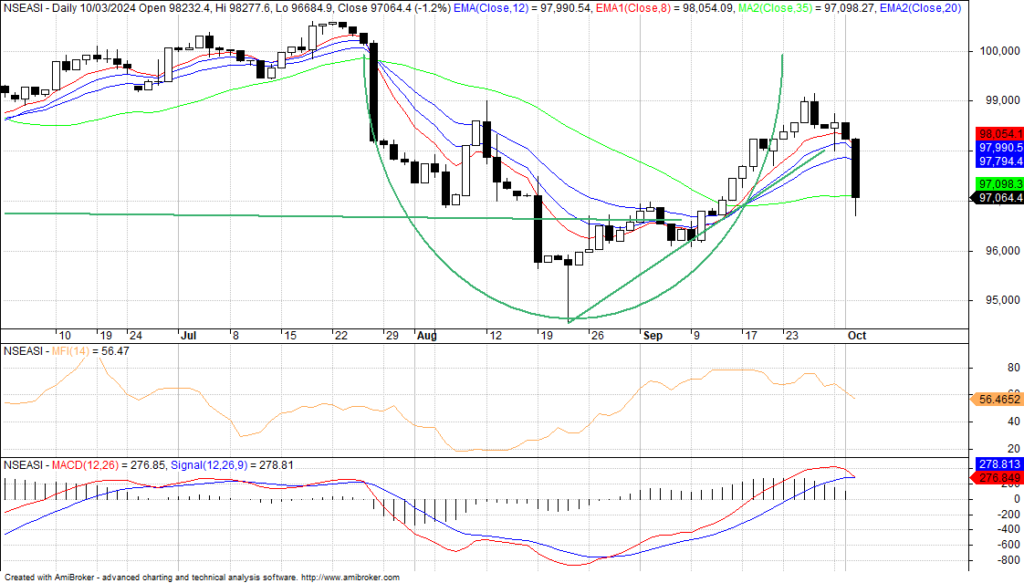
Tosin Shonuyi
Research Analyst
The price of Urals crude oil for October delivery has climbed back above $65 per barrel at Russia’s Baltic and Black Sea ports, exceeding the $60 price cap imposed by Western nations by $5, according to Reuters calculations on Friday. This increase comes as the conflict in the Middle East drives up oil prices. On Thursday, oil prices surged amid rising concerns that the escalating regional conflict could disrupt global crude supplies. Brent crude futures had risen again, up by 55 cents, or 0.7%, to $78.17 a barrel.
OPEC+ Set To Boost December Output Despite Sluggish Asian Demand
The OPEC+ alliance of crude oil producers remains on track to increase output starting in December, despite facing weak demand from Asia, the largest importing region. According to LSEG Oil Research, Asia’s crude imports in September were 27.05 million barrels per day (bpd), slightly higher than August’s 26.47 million bpd. The relatively stable import levels were due to the offsetting effects of China and India, the region’s key players.
Dividend ETFs See Influx Amid Fed Rate Cuts, But Rising Treasury Yields May Curb Growth
U.S. exchange-traded funds (ETFs) focused on dividend-paying stocks have experienced a surge in inflows since the Federal Reserve began its rate-cutting cycle last month. However, rising U.S. Treasury yields could temper the influx of investor capital. According to Morningstar, the 135 U.S. dividend ETFs attracted $3.05 billion in September, the same month the Fed lowered interest rates by 50 basis points, marking its first cut since 2020. This contrasts with the average monthly inflows of $424 million during the first eight months of 2024.
Strong U.S. Job Growth Fuels Speculation on Fed’s Future Rate Hikes
A spike in U.S. job growth has led financial markets to anticipate that the Federal Reserve will follow last month’s half-point interest rate cut with more modest adjustments, sparking a debate on whether the policy rate may ultimately settle at a higher level than previously projected. A Labor Department report released on Friday revealed that employers added 254,000 jobs in September, significantly surpassing expectations, while the unemployment rate dropped to 4.1%.
Moody’s Downgrades Senegal’s Rating to B1 Amid Worsening Fiscal Deficit and IMF Talks
Moody’s downgraded Senegal’s long-term credit rating from Ba3 to B1 on Friday, citing a fiscal and debt situation that is significantly weaker than anticipated. Senegal is currently in discussions with the International Monetary Fund (IMF) regarding corrective measures, following an audit commissioned by newly elected President Bassirou Diomaye Faye. The audit revealed that the 2023 budget deficit exceeds 10%, far higher than the 5% reported by the previous government.
Nigeria’s Central Bank To Automate Foreign Currency Trades, Enhancing Transparency
Nigeria’s central bank plans to automate foreign currency transactions starting in December, replacing a nearly decade-old over-the-counter trading system to improve transparency and eliminate market distortions. The Central Bank of Nigeria (CBN) aims to enhance liquidity in its currency markets with the new system, which will “enable a market-driven exchange rate accessible to the public.” Additionally, it has issued new guidelines for participants in the foreign exchange market.














